Ivory Coast
Ivory Coast’s economy is expected to grow by an average of 7.4 percent between 2017 and 2020 after reaching 8.5 percent this year, the International Monetary Fund (IMF) has said.
IMF said the GDP of West Africa’s largest, French-speaking economy expanded by 8.6 percent in 2015 repeating a figure that is significantly below the 10.3 percent announced by President Alassane Ouattara in March.
Since 2011, Ivory Coast’s economy has been experiencing rapid growth and increased stability.
Growth in the world’s top cocoa grower has been boosted by the rise in prices of the commodity as well as the development of infrastructure projects, which in turn have lured investors after years of political paralysis.
Last week, Ivory Coast’s government said it had received more than $15 billion in pledges from donors and lenders to fund its five-year development plan, almost double the amount it sought at a Paris meeting that showcased the country as an investors’ favourite in Africa.
The West African nation wanted to secure at least 4,425 billion CFA francs ($8.8 billion) in pledges to fund part of a $60 billion investment plan for the period 2016-2020, according to a government statement. The high level of pledges showed the “full support of the international community” for its policies, the statement said.
President Alassane Ouattara, an economist who has led the country’s recovery since assuming office in 2011, will complete his second presidential term in 2020.




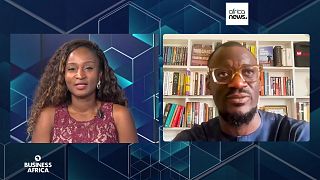
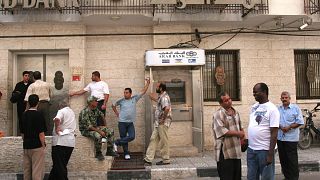
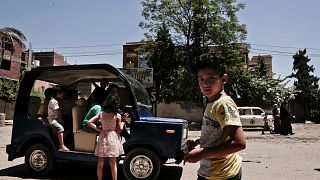
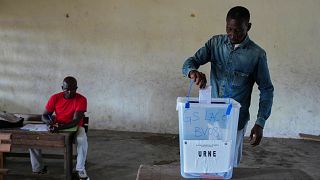
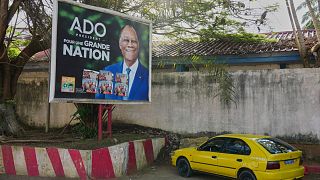
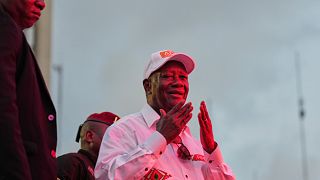
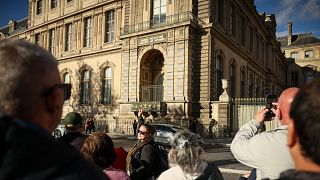
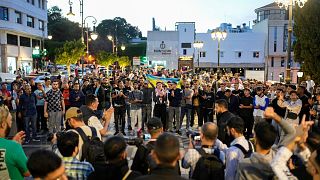
01:00
Pix of the Day: October 24, 2025
01:49
Henriette Lagou bids to become Ivory Coast’s first female president
01:00
Pix of the Day: October 23, 2025
01:55
Apathy and unease ahead of Ivory Coast’s polls after protests in Abidjan
01:00
Pix of the Day: October 21, 2025
02:03
Ivory Coast leader urges young people to vote in presidential poll